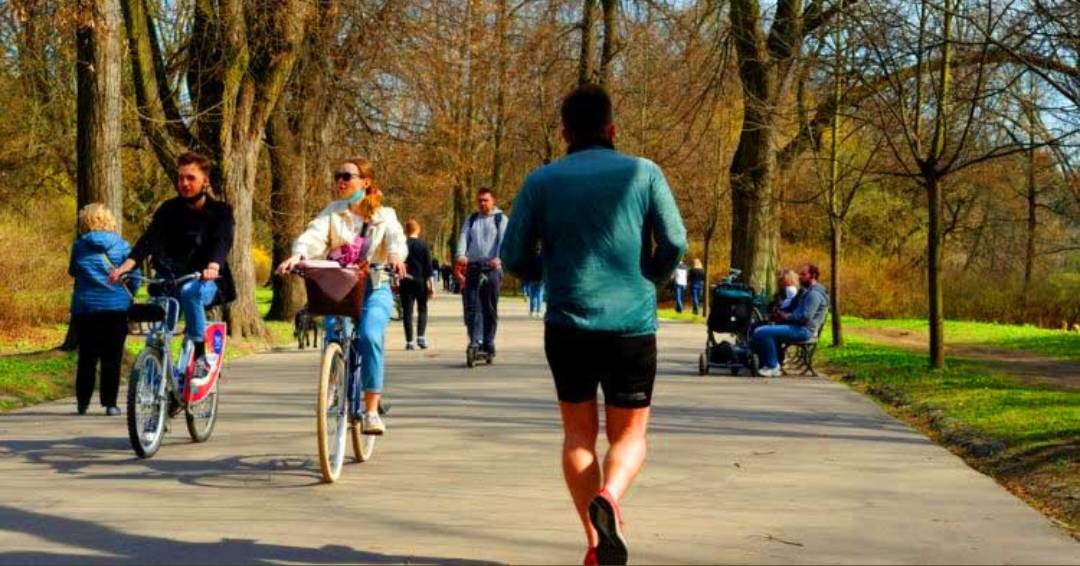
A report from the World Health Organization (WHO) and the Organization for Economic Co-operation and Development (OECD) claims that increasing physical activity might prevent deaths and reduce annual health care expenses in the European Union by billions of euros (EU).
By 2050, increasing physical activity to the WHO’s minimum level could stop 11.5 million new cases of non-communicable diseases (NCDs), avert thousands of needless deaths, and reduce the EU’s annual health care spending by billions of euros, says a study by the Xinhua news agency.
Leading the OECD programme of work on public health is Michele Cecchini. ‘Our modelling study clearly shows that increasing physical activity levels is not only great for health — it will create a positive effect for the economy of any country, returning 1.7 euro ($1.8) in economic benefits for every euro invested.’
According to the study, if EU inhabitants adhered to the WHO standard of 150 minutes of moderate-intensity physical exercise each week, they would avert nearly 10,000 premature deaths in the area each year ‘Rise up! Addressing the Problem of Lack of Physical Activity in Europe.’
Additionally, the research estimates the potential economic gains from greater physical activity using purchasing power parities (PPPs), which are rates of currency conversion that equalise different currencies’ purchasing power by removing regional price variations.
The analysis estimates that if the EU countries address the issue of physical inactivity among the total population, they will save an average of 0.6% of their health care budgets. This comes to about 8 billion PPP euros a year.
Hans Kluge, WHO’s regional director for Europe, stated that the report ‘provides proof that investing in policies that promote physical activity not only improves individual well-being and population health, but also delivers economic dividends.’
With 45% of respondents stating they ‘never exercise or play sport,’ additional major findings from the study indicate that every third person in the EU does not engage in an acceptable level of physical activity. In Germany, Italy, and France, the cost of insufficient physical exercise on local health care spending is the highest.
Millions of cases of the four most deadly NCDs—cardiovascular illnesses, malignancies, chronic respiratory diseases, and diabetes—are being brought on by this, according to a report, ‘ruining people’s health and frequently their financial well-being and burdening economies.’

Post Your Comments